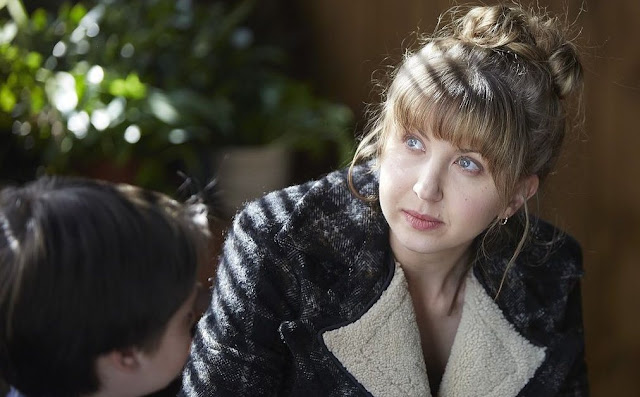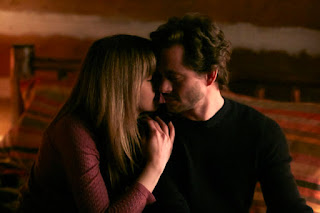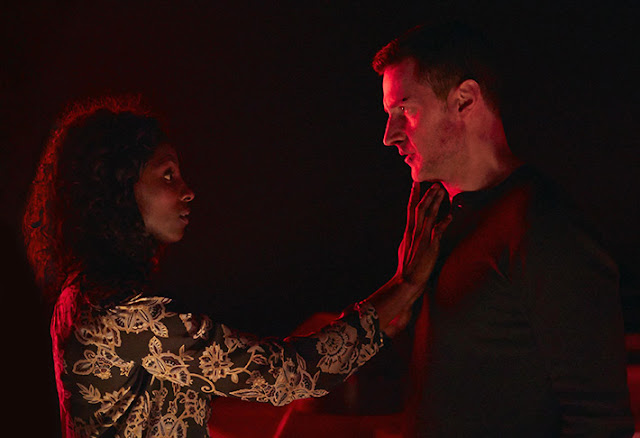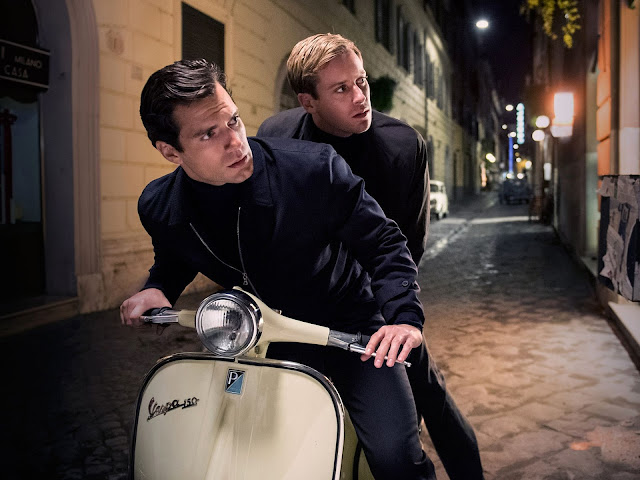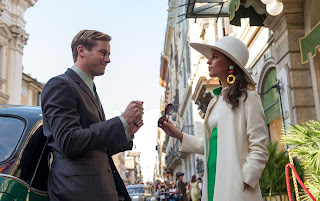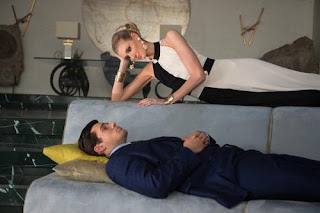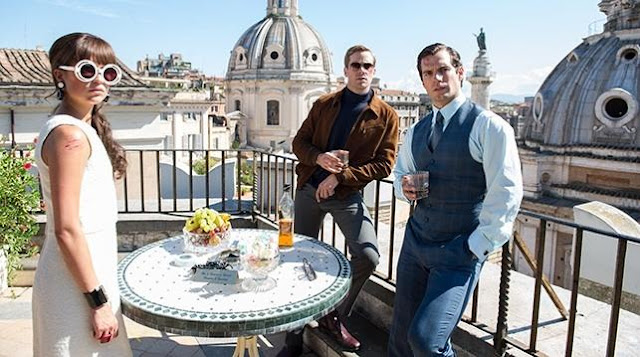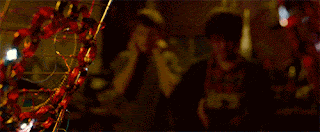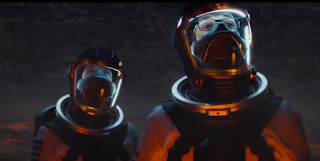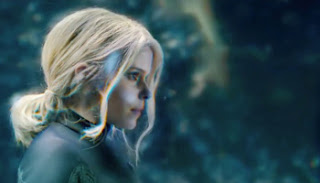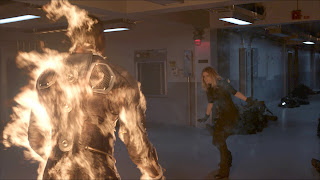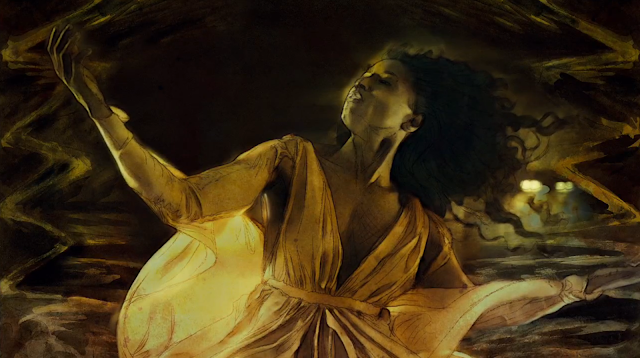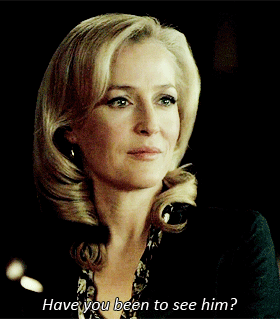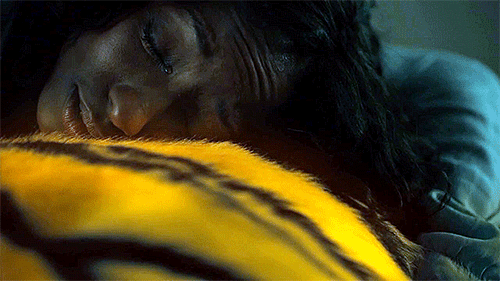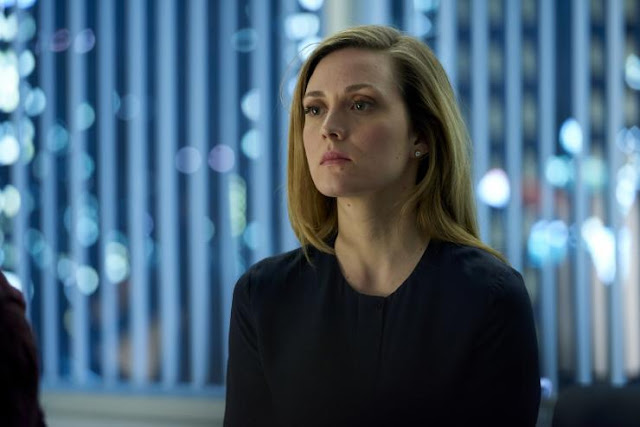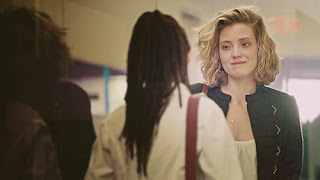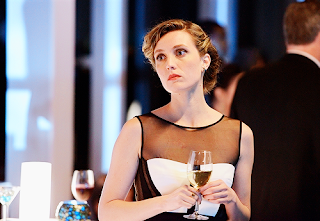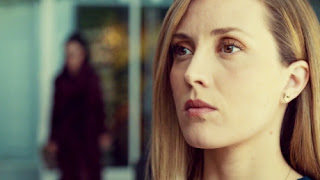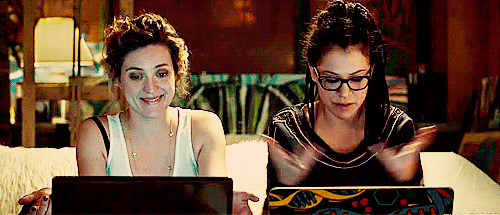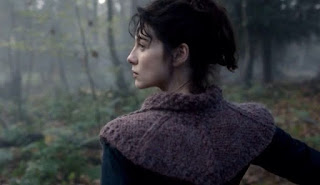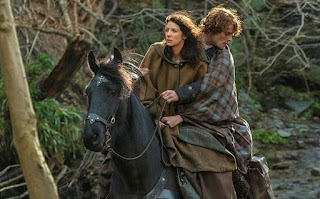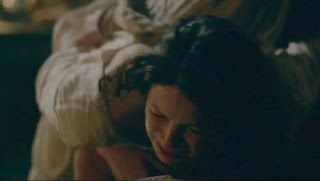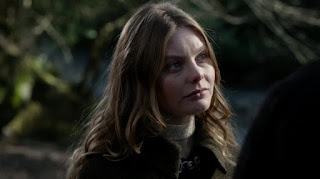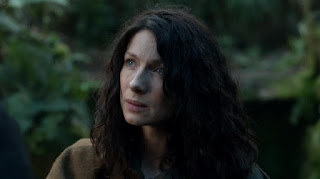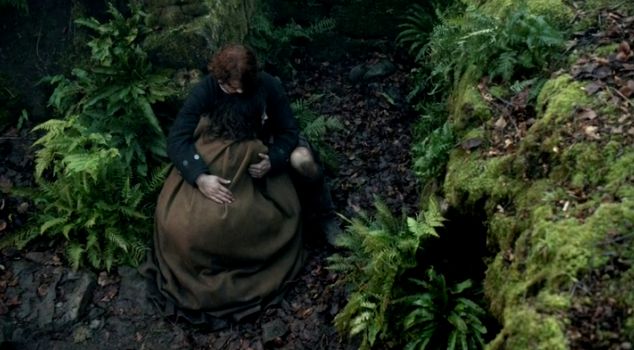 |
| All the photos today are pictures I took of my hometown when I was back a few years ago for Christmas. FYI. |
I've felt pretty out of it lately, and I think it's been coming through on this blog. My heart hasn't been in this, guys, and that totally sucks. It's hard for me to get pumped to write when it's like that, and it's not fair for you to be presented with material I'm just cranking out without thinking about it. Not that every article has been horrible, but that I don't think I've been reaching the level of depth I want to in the past few months. I've not been sharing my heart like I should. I haven't been real with all of you, because I've been keeping some pretty big stuff back. So, here's what's going on:
About a year ago on the blog, I shared a really weird conversation that I had with God. It was about remembering that the best thing to do doesn't always look like it and that a lot of times, doing the right thing is virtually indistinguishable from "losing". God told me all this in the context of, of course, my life and how at some point in the near future he was going to ask me to "give up my life."
At the time, being an incredibly melodramatic person inside - seriously, I am the melodramaticest - I interpreted this as "die". Like as in, God was going to ask me to die in some tragic and notable way. Because, well, that fits with my ideas of what self-sacrifice means and that fits really easily into our culture's understanding of sacrifice. Sacrifice is losing your life, right? Well, sort of.
As it happens, I was asked recently to "give up my life", but it didn't end up looking anything like what I was expecting. Six months ago or so, my mother started to feel a bit strange. She said that she felt like her legs were unstable and they were worried she might have a neurological problem. All spring she went to doctor after doctor, getting tests after test and progressively worse. Soon it turned into a full blown motor control problem and the doctors still had no clue what was going on. So if you've wondered at all over the past six months why my mood seemed a little...unstable, now you know.
The upshot of all of this is that in June I offered to move home and help out. In August, a few weeks ago, my parents accepted. And in just under two weeks, I'm going to be flying out to Massachusetts to live in my childhood home and hang out with my parents full time for the next year. It's no terrible thing that I'm being asked to do. I mean, I'm mostly going to be spending time with my mother (who I love). Not exactly what I would have called a massive self-sacrifice.
And yet, it kind of is? What I'm going off to do is good and actually pretty fun, but it still means giving up the life I've made for myself in Washington. It means saying goodbye, at least for now, to the people I love here and losing out on a lot of things I expected I'd get to experience this year. It means no more GeekGirlCon, no more living with the hilarious and wonderful Kyla Furey and her fantastic husband, no more late night anime marathons, and no more living within driving distance of my sister.
It means quitting a job that I adore taking care of kids that I've gotten super attached to. It means looking into a less than sure financial future. It means putting plans on hold and trying really hard not to think about the future. It means packing all of my earthly possessions in boxes and mailing them across the country, selling my beloved terrible car, and shutting the door on this season of my life.
It's a lot.
 But it's also good. I know that I'm going off to do the right thing. I know that the life that's waiting for me in Massachusetts is a good one and I know that I would regret it for the rest of my life if I didn't do this. So this is me sacrificing myself. This is me doing the stupid thing. Because, let's be real, by the world's standards this is the stupid thing to do.
But it's also good. I know that I'm going off to do the right thing. I know that the life that's waiting for me in Massachusetts is a good one and I know that I would regret it for the rest of my life if I didn't do this. So this is me sacrificing myself. This is me doing the stupid thing. Because, let's be real, by the world's standards this is the stupid thing to do.I'm not exactly going to Massachusetts to build connections or to further my career. I will keep doing the blog, don't worry, but I'm going to have other things to do as well. I'm giving up my life and I'm not going to be doing anything that the world would judge as worthwhile, but I think I'm okay with that. It's just...this is me. Doing the stupid thing.
There you go. Now you're all caught up on my life.
The thing is, I didn't share this with you as I was going along because it didn't feel momentous or interesting enough to bring up. It felt like I would have been unnecessarily involving you in my personal life, and since this isn't a personal blog, by and large, that would have been weird. Right?
Only what I've actually found is that by keeping this huge part of my life away from all of you. The nights I didn't write an article because I was busy praying and crying. The nights recently when I've said "screw it" because I wanted to spend a few last nights hanging out with the amazing people I have here. The important moments of my life - I haven't been honest about any of it, and that actually sucks.
I think a huge part of it was that I didn't feel like my life was sticking to the script. I'm a story person, I understand myself in terms of stories, and this didn't feel like the kind of movie I would watch. It's very Lifetime Movie, and I'm not a big Lifetime person, if you know what I mean.
In the past few weeks, then, I've had to seriously reconsider how I think about self-sacrifice and what makes a good story in someone's life. And the truth is, just because it's been gradual doesn't mean it's been any less important. Just because it's a small story doesn't mean it's not radically important. I always say that I want to change the world, to make it a kinder and more inclusive place. Well now I have to put my money where my mouth is in this very specific, very personal way.
 Three years ago, when this blog was still new-er and I was just coming to Washington to stay for good, I don't think I would have been able to make the choice I just made. Or it wouldn't have meant as much if I did. I'm a deeper person now than I was then, partly because three years of life is apt to change you no matter what, but largely because I've spent three years in an amazing community realizing how deep my heart actually goes. I'm very happy now to be the kind of person who can give up the life I have here, joyfully and well, without devaluing it or denying its importance to me.
Three years ago, when this blog was still new-er and I was just coming to Washington to stay for good, I don't think I would have been able to make the choice I just made. Or it wouldn't have meant as much if I did. I'm a deeper person now than I was then, partly because three years of life is apt to change you no matter what, but largely because I've spent three years in an amazing community realizing how deep my heart actually goes. I'm very happy now to be the kind of person who can give up the life I have here, joyfully and well, without devaluing it or denying its importance to me.I want to finish out well. Not finish out the blog, since I have every intention of keeping that going for a good long time, but finishing out well in this phase of my life in Washington. It's been an amazing three years (and change), and I'm so grateful I got to have it. And all of you were a big part of that. You, my online community, have been amazing and have taught me so much. I'm really grateful to you.
So. I'm coming home and I'm giving up. But I'm not sad about it because it's absolutely the best thing to do.Thank you all for helping me become the kind of person who can do this, and I hope you stick with me for the messy stuff, the heart hard stuff, and the general realness of life. I promise, from here on out, to be honest with you about what's going on in me, and I hope you'll promise the same.
Deal? Deal.



